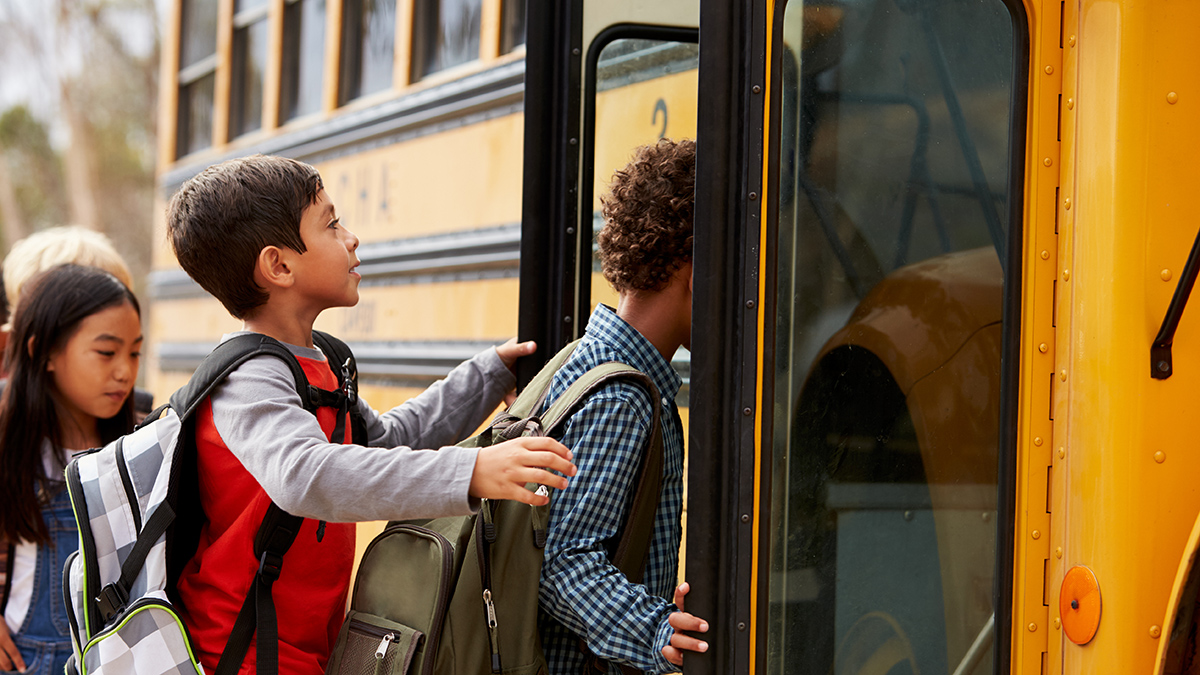teaching teachers
Making the Most of Field Trips
Envisioning how to connect field trips to the curriculum sets preservice teachers up for success.
Science and Children—Fall 2023 (Volume 60, Issue 7)
By Nicole Hesson

Field trips can be a unique way to engage elementary students in science content. However, budget cuts and a focus on standardized testing are causing some schools to greatly reduce the funding for field trips (Meyer 2008). In the wake of the last recession, 33% of districts nationwide eliminated field trips altogether (Mongeau 2015). The COVID-19 pandemic has also had a negative impact on the logistic feasibility and budget allotment for field trips. The benefits of field trips—particularly for underprivileged students—have been widely studied (Behrendt and Franklin 2014; Mongeau 2015). Field trips can provide a way for teachers to bring science to life and better integrate higher-order thinking skills into lessons. According to Kisiel (2005), “although teachers may report that a primary reason for including the field trip experience is to support what they are teaching in class, studies suggest that this curriculum connection is sometimes quite weak.” In today’s financial climate, field trips are more likely to be funded if there is a clear curricular connection. Ensuring a strong relationship between classroom and out-of-school learning is something that must be taught in preservice teacher education programs.
Preservice Science Education Professional Learning Teaching Strategies Elementary


